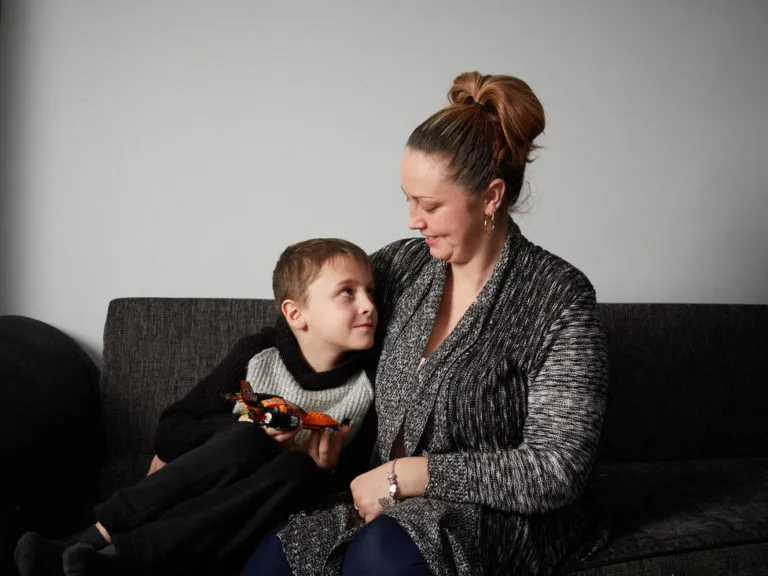Tackling the hidden economy through PRS licensing
Published: by Vicky Pearlman

The government has been consulting on a compliance known as ‘conditionality’, which would mean landlords will have to show that they are registered for tax with HM Revenue & Customs (HMRC) before being granted a licence to trade, or before their licence is renewed. Landlords who are just setting up and not yet trading would need to show that they have understood the requirements to be registered. Simply, it means access to the public sector licenses needed to trade will be conditional on tax compliance.
We support this approach – we believe it is reasonable to expect landlords to ensure their compliance with tax laws before renting out property. And although we know that the majority of landlords take their responsibilities to their tenants very seriously, a small minority don’t.
Either willfully or through ignorance, they fail to comply with requirements – causing ill health and distress to renters. Evidence of non-compliance in one sector is linked to non-compliance in others. Our recent research found that many private rented sector (PRS) housing teams already work closely with other agencies, including HMRC, to share intelligence and crack down on bad landlords. We would expect increasing compliance in tax-registration to lead to higher standards across the PRS.
Licensing schemes
However, there is a risk that the new requirement will only cover those who are already broadly compliant, signed up to licensing schemes etc. – and who are not operating under the radar.
Licensing schemes can help councils to better understand their PRS and the landlords in it. They also help councils work with landlords to promote higher-quality properties. As the consultation notes, most existing schemes are selective – introduced in areas where there is evidence of particular problems. This can lead to a patchwork of schemes (and none), causing confusion for both landlords and renters.
Borough-wide schemes can have considerable advantages for cash-strapped councils. It is less of an administrative burden, easier for landlords and tenants to understand – and gives poor landlords less opportunity to hide. It enables councils to concentrate resources (and enforcement action) on those landlords who do not apply for a licence. Newham, for one, has shown what can be done through a borough-wide scheme. MHCLG’s decision to exclude the Olympic Park site from the renewal of their wholly borough-wide scheme avoids setting a precedent. But Newham’s success should encourage other local authorities to explore the benefits of larger licensing schemes to work with more landlords to improve conditions across the private rented sector. If not, HMRC’s ambitions to increase tax compliance in the PRS will be similarly dampened.
And, of course, landlords who do not own an HMO or a property in an area covered by a selective licensing scheme will not need to show that they are registered for tax.
The principles set out in the consultation set the right balance between assisting landlords to register at the right time – and provide evidence that they have done so – while making it harder to trade for those determined to hide their income from HMRC.
Additional burdens
Even so, landlords and local authorities will need to find the resource to help staff to familiarise themselves and landlords with the new requirements – and to verify the evidence that they have received from landlords. They’ll also need more resource for managing appeals that result from adding a condition to licensing schemes, whether for houses in multiple occupation (HMOs) or in selective schemes. The additional costs for this should not come out of existing licensing fees.
Should the government add this conditionality to licences, it must place the fewest possible additional burdens on landlords and local authorities (as well the licensing authority).